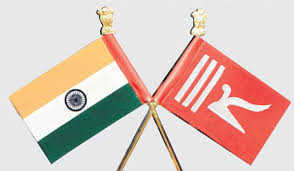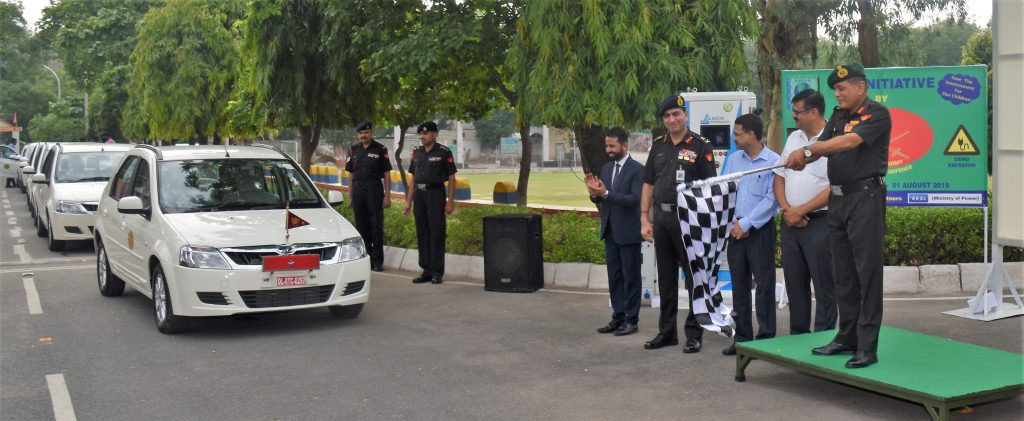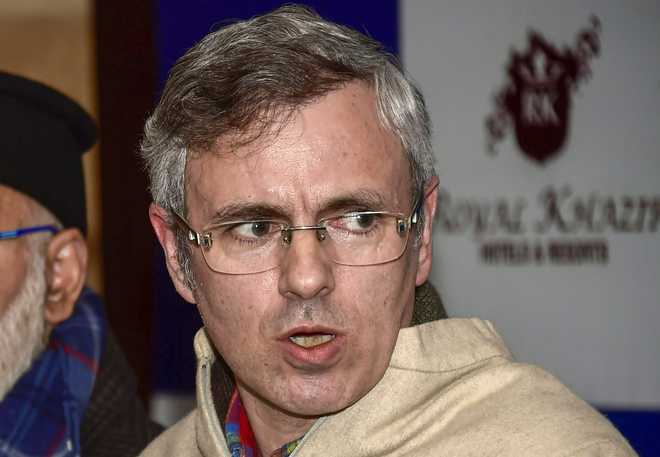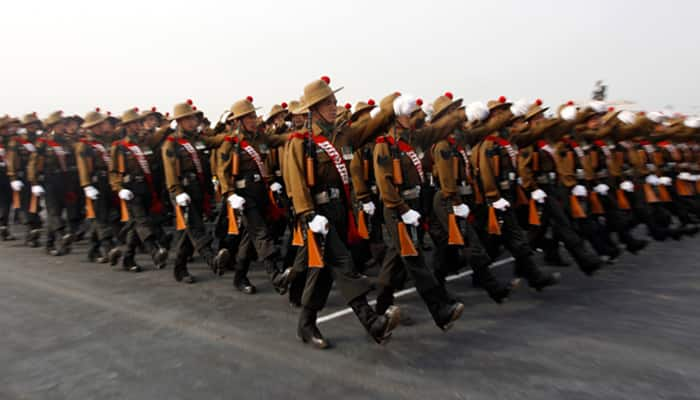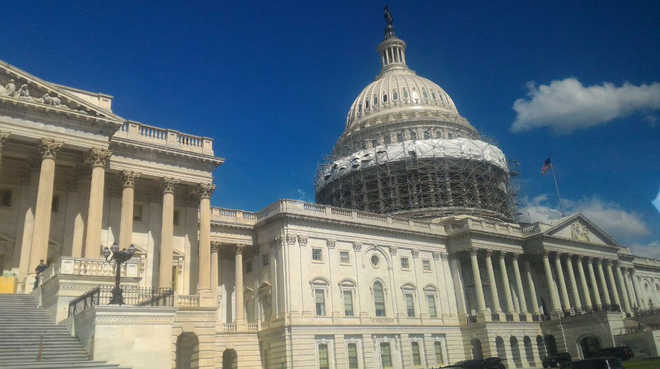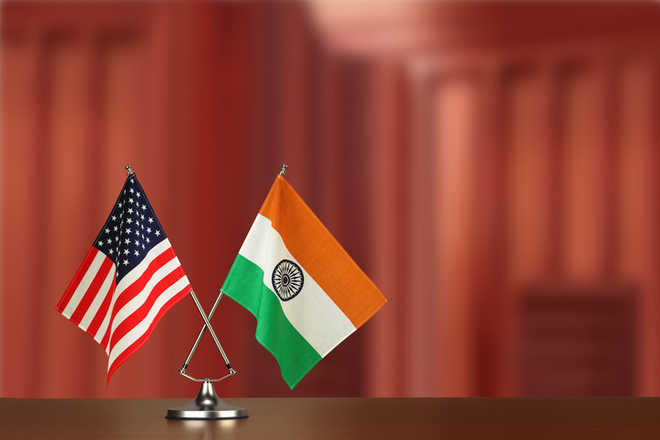
Washington, August 3
Indian and American officials on Friday agreed to pursue a policy environment conducive to collaboration between the defence industry and start-ups in both countries.
An understanding in this regard was reached during the 15th meeting of the India-US Defence Policy Group (DPG) here on Friday.
The Indian side was led by Defence Secretary Sanjay Mitra. The US was led by the Undersecretary of Defence for Policy, John Rood.
The DPG is the apex official-level meeting mechanism between India and the US on defence issues, which comprehensively reviews and guides all aspects of bilateral cooperation between the two countries.
“The meeting took stock of the progress made in various fields of defence cooperation in recent years, including in defence trade, technology, procurement, industry and R&D,” a media release said on Friday.
During the meeting, the two countries recognised the benefit of enabling defence agreements concluded by the two sides and appreciated India’s designation as a Major Defence Partner of the US.
“They underlined the importance of collaboration between the defence industry and start-ups in the two countries and agreed to pursue a policy environment conducive to this,” said a statement issued by the Indian Embassy here.
Various working groups and mechanisms under the DPG briefed the Co-chairs of the progress made in their respective areas and got the latter’s guidance on addressing process issues for meaningful, sustainable and mutually beneficial cooperation, it said.
The two sides reaffirmed the role of the DPG as an important part of the ministerial 2+2 mechanism, helping translate the shared strategic vision of cooperation into reality. PTI









